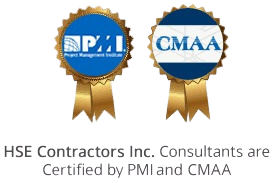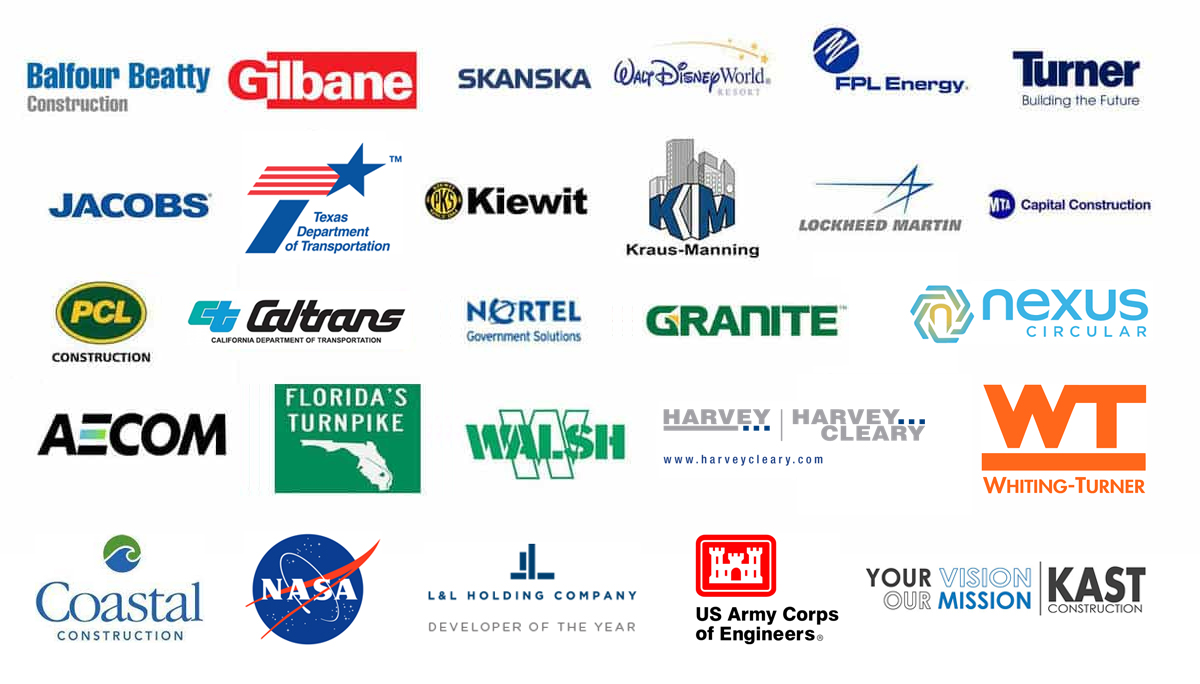What is the difference between CPM Schedule and Baseline Schedule?
You are presented with the essential differences between a baseline schedule and a CPM schedule. Indeed, the primary differences between these two types of project management schedule schemes are significant. The fundamental differences between the two project management scheduling modalities include:
- Fixed versus fluid nature of schedules
- Descriptive versus graphic presentation of schedules
- Level of involvement of different project stakeholders in schedule development and compliance
- Usefulness of each schedule scheme in complex projects
Understanding the Differences Between a Baseline Schedule and a CPM Schedule
Two of the primary types of schedules utilized in project management are the baseline schedule and the CPM schedule. Some people in industries like construction or manufacturing consider the baseline schedule to be the “traditional approach” to project management and planning. They tend to consider the CPM schedule as “something new.” In fact, the CPM schedule initially was conceived in the 1950s; thus, it is not a project management connect of recent origin.
There are a number of key differences between a baseline and a CPM schedule. Understanding the essential definition of these two scheduling concepts significantly aids in understanding the differences between them.
Essential Definition of a Baseline Schedule
A baseline schedule is what can fairly be called a frozen project timeline. What this means is that a baseline schedule is a fixed project timeline that does not allow for variance. It is utilized for tracking progress on a project, including the accomplishment of contract milestones and budgetary compliance. A baseline schedule advises all stakeholders of the timeframe of the project.
Because it is a frozen schedule, it is compared with actual project progress. When a deviation from the established baseline is detected, appropriate project stakeholders are called upon to respond appropriately, including making project-related modifications.
If a more substantial change in the overall scope of a project is necessary, the original contemplated baseline schedule is rendered obsolete. As a consequence, the existing baseline schedule must be scraped and a new one developed.
Essential Definition of CPM Schedule
A CPM schedule is not frozen, as is the case with a baseline derivation. Rather, it is developed in the first instance to be fluid and to allow for systemic adaptation to better ensure that a project remains on course and on schedule.
A CPM schedule is designed to not only advise stakeholders of what to expect in the way of project progress, milestones, and projected completion date, but it includes all stakeholders in the development of the CPM schedule itself. This type of schedule incorporates all anticipated activities of all project stakeholders, including not just the contractor and subcontractors, but other stakeholders including project owners, vendors, suppliers, and any other person or entity that can impact the project and its schedule in some manner.
Primary Differences Between Baseline Schedule and CPM Schedule
The key distinction that can be made between a baseline schedule and a CPM schedule involves stakeholder participation and accountability. With a baseline schedule, not all stakeholders are involved in the construction of the schedule itself. Rather, an individual or cohort of individuals associated with the project deal with crafting a baseline schedule. While they may consult to some degree with stakeholders to get basic information about the anticipated timing of certain project elements of tasks, the interaction and input tends to be constrained.
On the other hand, when it comes to a CPM schedule, all primary stakeholders play an active role in the development of the graphically-presented timeline. This includes preparing time projects about milestone accomplishments and how the CPM schedule itself is to be tailored to systemically address an unexpected issue in the flow of the project.
On a final note, in comparing and contrasting the baseline versus the CPM schedule, the CPM derivation appears better suited to complex projects. This is particularly the case when it comes to construction and manufacturing projects.


HSE Contractors is insured by the following professional liability policies, up to $4,000,000 for our clients’ protection:
General Liability.
Workers Comp
Request A Quote For Our Scheduling Services
Our Past Clients

Additional Services
Call Our CPM Scheduling Consultants
Our offices in Orlando, New York City, Boston, Los Angeles, San Francisco, Miami, Tampa, Chicago, Denver, Brooklyn, Dallas and Washington, DC, Offer Innovative and efficient solutions on a variety of construction projects nationwide, Contact Us Today!


